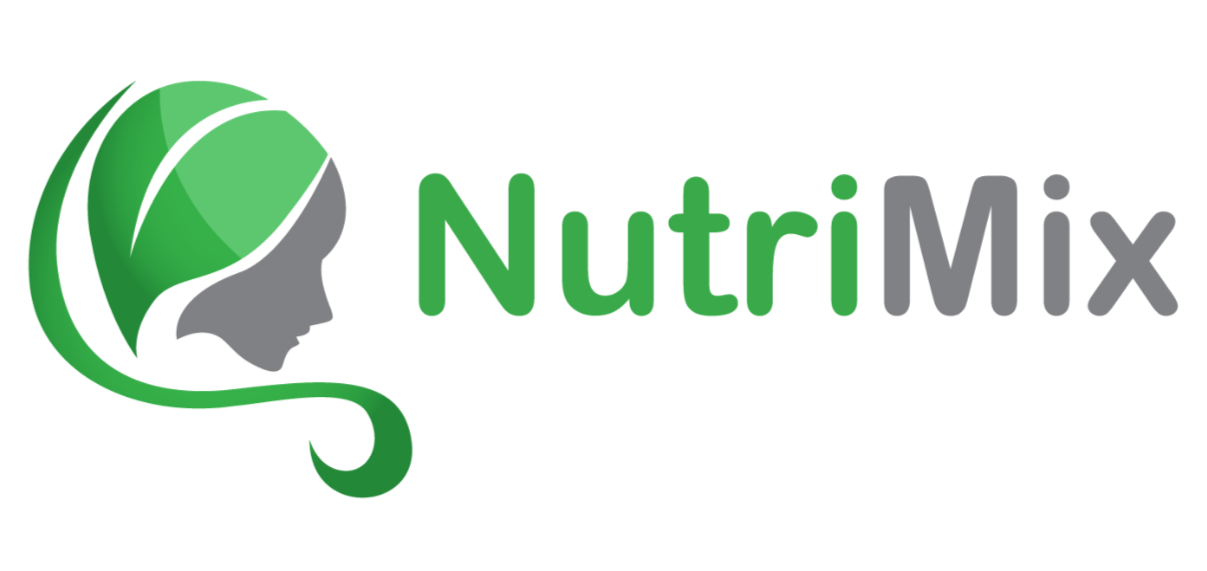In our increasingly fast-paced world, stress has become a common companion in daily life. Whether it's due to work pressures, personal challenges, or the constant flow of information, the impact of stress on our mental and physical well-being cannot be understated. While there are many ways to manage stress, one natural supplement that has gained attention for its calming properties is L-theanine. In this blog post, we'll delve into how L-theanine can help combat both psychological and physiological stress, promoting a sense of balance and relaxation.
What is L-Theanine?
L-theanine is an amino acid found predominantly in green tea leaves and certain types of mushrooms. Unlike many other supplements, L-theanine is renowned for its ability to induce relaxation without causing drowsiness. This unique characteristic makes it particularly appealing for those seeking relief from stress without compromising alertness and cognitive function.
The Dual Impact of Stress: Psychological and Physiological
Stress manifests in both psychological and physiological forms. Psychological stress affects our thoughts, emotions, and behaviors, often leading to anxiety, irritability, and mental fatigue. Physiological stress, on the other hand, impacts the body, triggering a range of symptoms such as increased heart rate, elevated blood pressure, and weakened immune function.
Chronic stress, whether psychological or physiological, can have detrimental effects on overall health, contributing to conditions like heart disease, depression, and insomnia. Therefore, finding effective strategies to manage stress is crucial for maintaining well-being.
How L-Theanine Reduces Psychological Stress
L-theanine's ability to combat psychological stress lies in its influence on brain chemistry. Upon ingestion, L-theanine crosses the blood-brain barrier and enhances the production of key neurotransmitters, including serotonin, dopamine, and GABA (gamma-aminobutyric acid). These neurotransmitters play vital roles in regulating mood, promoting relaxation, and reducing anxiety.
-
Promotes Relaxation Without Sedation: Unlike some anti-anxiety medications or supplements that induce drowsiness, L-theanine promotes a state of calm alertness. This makes it ideal for managing stress during the day, when maintaining focus and productivity is essential.
-
Reduces Anxiety: Studies have shown that L-theanine can significantly reduce anxiety levels, particularly in situations where stress is acute or performance-related. Whether preparing for a big presentation or facing a challenging task, L-theanine can help ease anxiety and improve mental clarity.
-
Enhances Mood: By increasing the levels of mood-enhancing neurotransmitters, L-theanine contributes to a more positive outlook, helping to mitigate the emotional toll of stress.
L-Theanine and Caffeine: A Powerful Duo for Cognitive Performance and Mood
L-Theanine's Effect on Physiological Stress
L-theanine doesn't just work on the mind—it also has profound effects on the body. Stress triggers the release of cortisol, a hormone that, in excess, can lead to various health issues, including weight gain, impaired cognitive function, and a suppressed immune system. L-theanine can help modulate the body's response to stress, offering several physiological benefits.
-
Reduces Cortisol Levels: Research suggests that L-theanine can lower cortisol levels, helping to reduce the physical strain of stress on the body. By moderating cortisol production, L-theanine supports a more balanced stress response, protecting against the negative effects of chronic stress.
-
Supports Heart Health: Stress is a known risk factor for cardiovascular issues, such as hypertension and heart disease. L-theanine has been shown to help reduce heart rate and blood pressure in stressful situations, contributing to overall heart health.
-
Enhances Immune Function: Chronic stress can weaken the immune system, making the body more susceptible to infections and illnesses. L-theanine has immune-boosting properties, helping to fortify the body's defenses against the physical wear and tear of stress.
How to Incorporate L-Theanine into Your Routine
L-theanine is available in various forms, including capsules, tablets, and teas. A typical dose ranges from 100 to 400 mg per day, depending on individual needs and the severity of stress. For those who enjoy tea, sipping on green tea can also provide a natural source of L-theanine, though the concentration is lower compared to supplements or try our RevvStrips.
Conclusion
In a world where stress is often unavoidable, finding natural, effective ways to manage it is crucial for maintaining both mental and physical health. L-theanine offers a unique, dual-action approach to stress relief, addressing both the psychological and physiological aspects of stress. Whether you're dealing with everyday stressors or facing more intense challenges, L-theanine can be a valuable tool in your stress management toolkit, helping you to stay calm, focused, and resilient.



